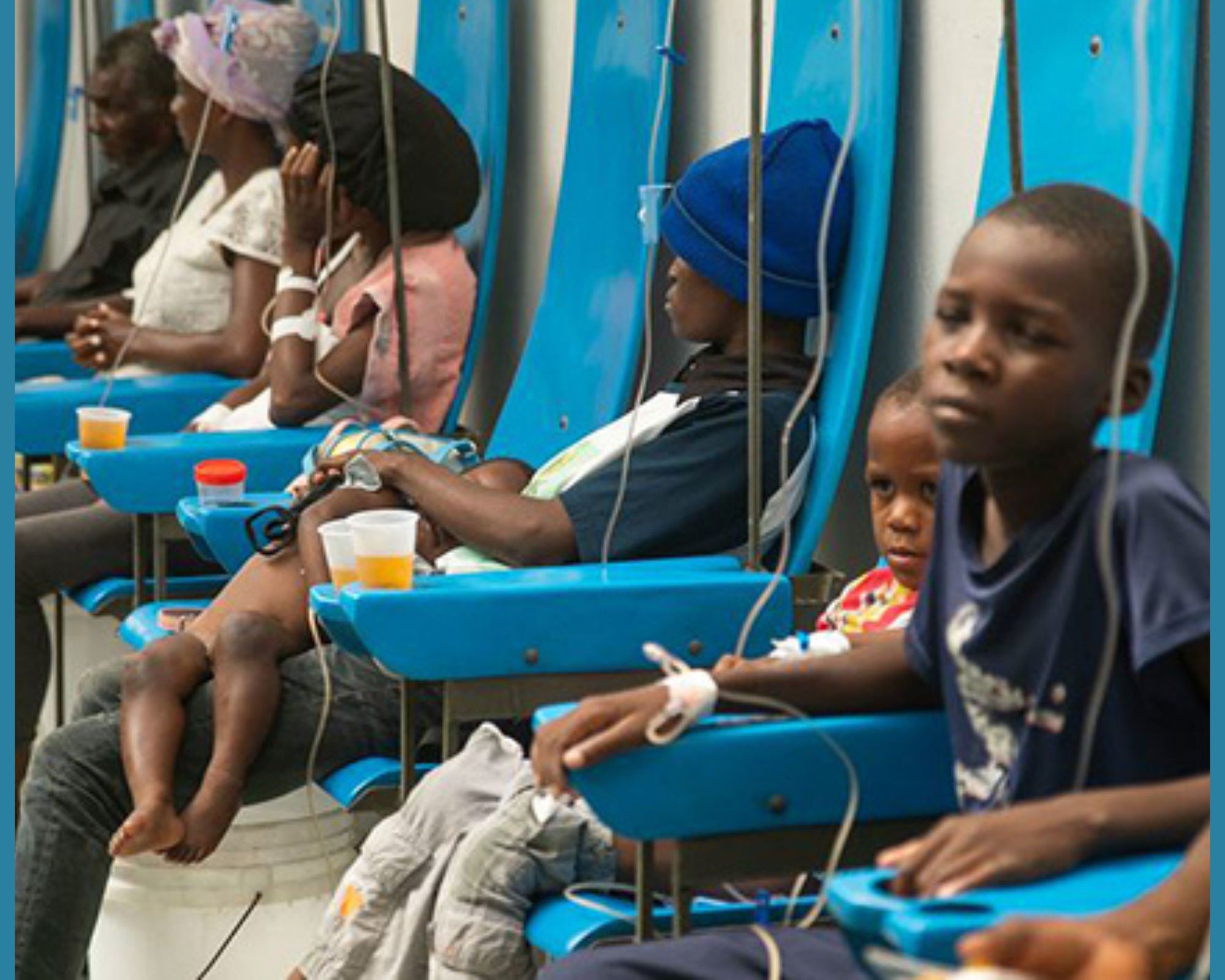Summary:
-
As Haiti’s government and economy fall apart and cholera spreads, criminal gangs have been blocking the entrance to the main petroleum terminal in Port-au-Prince, the country’s capital.
-
‘Catastrophic’ starvation the gang-controlled Cite Soleil neighbourhood, “catastrophic” levels of hunger have been documented this month for the first time, and 4.7 million people are suffering from acute hunger, with many of them losing access to jobs, markets, health, and nutrition services.
-
The first sanctions regime to be implemented since that of Mali, which was enacted just over five years ago, is Resolution 2653, which was written by the United States and Mexico.
-
The adversary of the peopleThe controversial gang leader, Jimmy Cherizier, an ex-police officer who is thought to be the most powerful gang leader in the nation and goes by the pseudonym “Barbeque,” is particularly named in the resolution as being sanctioned.
-
After the vote, US Ambassador to the Council and co-pen holder on Haiti, Linda Thomas-Greenfield, said in the Council chamber that the unanimous decision was “really representative of Council agreement” and constituted “a crucial step to help the Haitian people.
As Haiti’s government and economy fall apart and cholera spreads, criminal gangs have been blocking the entrance to the main petroleum terminal in Port-au-Prince, the country’s capital. This has caused crucial services to come to a standstill.
‘Catastrophic’ starvation
This month, “catastrophic” levels of hunger were found for the first time in the Cite Soleil neighborhood, which is controlled by gangs. About 4.7 million people are suffering from acute hunger, and many of them have lost access to jobs, markets, health care, and food services.
The first sanctions regime to be implemented since that of Mali, which was enacted just over five years ago, is Resolution 2653, which was written by the United States and Mexico. It creates a commission whose job is to choose the people and groups that will be punished.
The adversary of the people
The controversial gang leader, Jimmy Cherizier, an ex-police officer who is thought to be the most powerful gang leader in the nation and goes by the pseudonym “Barbeque,” is particularly named in the resolution as being sanctioned.
He is the leader of the so-called “G9 Families and Allies,” and the annexe says that he has planned or directed actions that amount to “severe human rights abuses” that have “threatened the peace, security, and stability of Haiti.”
Travel restriction, asset freeze, and arms embargo
Asset freezes, travel restrictions, and an arms embargo are some of the punishments given to people who take part in or support violence and crime committed by armed groups or criminal networks or help them do so.
On the list of things that are not allowed are kidnapping, trafficking, killing, and sexual and gender-based abuse.
Importantly, the resolution also names any attacks on UN employees or property, as well as any attempts to stop humanitarian aid from getting to and staying in Haiti.

At the UN Security Council meeting, Linda Thomas-Greenfield, the US ambassador, will talk about Haiti.
After the vote, US Ambassador to the Council and co-pen holder on Haiti, Linda Thomas-Greenfield, said in the Council chamber that the unanimous decision was “really representative of Council agreement” and constituted “a crucial step to help the Haitian people.”
To the gangs, send a “clear message”
She claimed that by “sending a strong message to the bad actors keeping Haiti captive, the Council was making its point.” The world community won’t watch helplessly while you terrorize the Haitian people.
She said that there were clear, measurable, and well-defined ways to measure how well the targeted sanctions were working, but that the goal now was to bring stability and fix the humanitarian situation.
A non-UN force is imminent
Ms. Thomas-Greenfield said that the US and Mexico are currently working on a resolution that will allow a “non-UN international security assistance mission” to deal with security issues so that humanitarian aid can be sent. She went on to say that this was done in response to both a request from the Haitian government and a suggestion made by the UN Secretary-General.
Analysis by: Advocacy Unified Network

